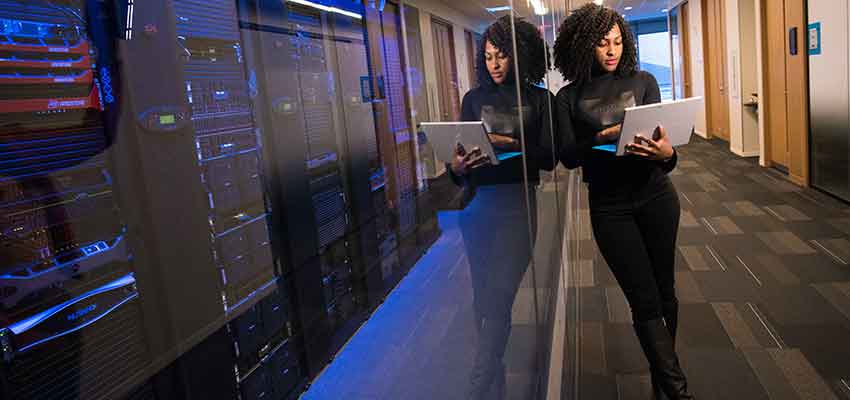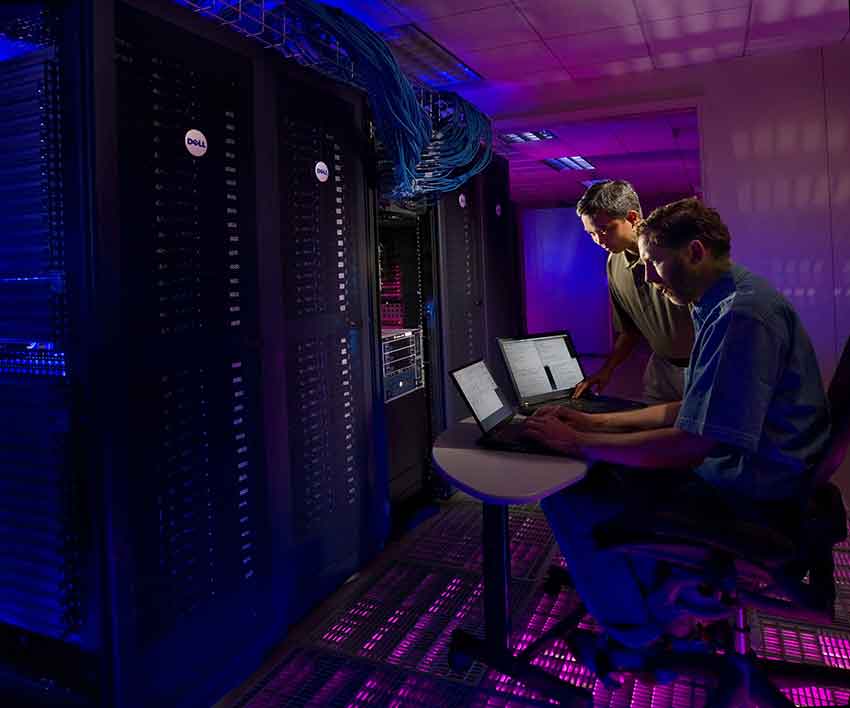Show:
Guide To Picking A Data Centre For Your Company
With more and more businesses adopting data analytics to drive business decisions, there’s a growing need to store the millions of terabytes under the company’s name.
Choosing a data centre isn’t a walk in the park, either. With potentially sensitive data being transmitted through them, choosing the wrong data centre can spell disaster for your company.

If you’ve ever wondered about the factors that can help you pick a data centre, this article will give you some pointers.
1. Security
Your business’s data is one of its most prized assets. As such, you must choose a data centre that’s proven to be secure and reliable.
For instance, you might want to find out how many employees work in the data centre, what safeguard protocols they have in place, and the physical security barriers they have in their base of operations.
You’ll also benefit by finding out whether they’re in compliance with your area’s data regulations, such as ASAE 3150 and the Privacy Act 1988 in Australia. A data centre should be able to offer all the vital services while maintaining optimal security levels, so having these factors in mind are crucial in helping you come to a decision.
2. Scalability
As your business grows, so will its need for larger data storage and higher processing power.
That means with each new hire or project, you’ll need to scale up your data centre’s capabilities accordingly.
Scalable data centres like Macquarie Data Centres can help you accomplish this without going through the trouble of switching around when they can’t exceed your needs. Some data centres are quite limited in terms of storage capacity, so it’s best to know whether your data centre can provide you with the right solution for your business needs.
3. Remote Support
When something goes wrong, you’ll want it fixed fast. It’s not always feasible to have your own dedicated staff go to the data centre during working hours, especially if you’re located in another city or time zone.
It’s critical to know whether your data centre has enough IT employees and engineers on call at all times, including nights and weekends, in the event of any unforeseen circumstances. This is particularly important if you’re processing sensitive data that needs to be working round the clock.

4. Location
Arguably one of the most important factors to consider when choosing a data centre is its location. With so many options available across the globe, it can be overwhelming to take your pick.
However, a good rule of thumb is to choose one that’s within the same country where your company operates. This will save you money since it doesn’t have to go through long-distance bandwidth costs, ensure faster delivery time for processing tasks, and maintain excellent performance altogether.
If your country or location is prone to natural disasters or any potential risks, you may consider global data storage centres.
A multinational data centre can also work, but you might have to deal with the costs of long-distance bandwidth and potential export/import complications. Going through these issues can be quite cumbersome, especially for small businesses, so balance accordingly.
5. Building Space
You’ll need to make sure that the centre that holds your critical data is large enough to house enough servers for you to reasonably operate.
It’s worth noting that depending on the type of business you have, the number of servers you’ll need might vary. Some businesses require more storage space or higher processing capabilities than others.
If your company is a small one, you can get away with a smaller data centre as well as save money. But if your company is going to expand, then you should consider a bigger centre that can accommodate the growth of your company’s data storage and processing requirements.
6. Cost
The cost is always an important consideration when it comes to choosing a service provider for your business. And more often than not, the lower-cost candidate isn’t necessarily the best option.
There are several factors that will affect the cost of outsourcing your data centre, such as size and location. You must also consider how much you’re paying upfront versus if you pay a recurring fee.
To paint an example, choosing a data centre with lower upfront costs might prove to be more expensive in the long run, especially if you’re not able to cut back on staff costs. Some data centres will charge you by volume or storage space, while others are flat-fee services.
7. Reputation
What would you pick, a data centre with 500 5-star reviews on their Google My Business page, or a company with no track record?
The answer is obvious. Looking at reviews from other customers is one of the best ways to gauge a data centre’s ability to do their job. By looking at these reviews, you can also read up on what previous customers say about the services provided and how they operate.
A reputable company will do everything it can to ensure that you’re satisfied with their service, rather than just looking for a quick buck. They’ll be transparent in their dealings and offer competitive rates to keep your business for as long as possible. Reading online reviews can often be the best way to determine whether a data centre is trustworthy or not.
8. Customer Service
While you’re likely not to contact your data providers every day, you’ll still want to make sure that the times you do turn out excellent.
Data centres don’t only need to have outstanding services and good speeds, they should also have support staff available to help answer queries and fix whatever needs fixing.
9. Performance
Reliability, speed, uptime and security all play a part in how well you can run your business with the power of cloud storage. As a rule of thumb, you’ll want to make sure that your servers are up at least 99.98% of the time.
The ideal data centre must also have multiple fibre options that connect with a wide range of internet providers. This is to ensure that your business won’t be put under much strain if you plan on switching your internet provider.

 Return to Previous Page
Return to Previous Page








